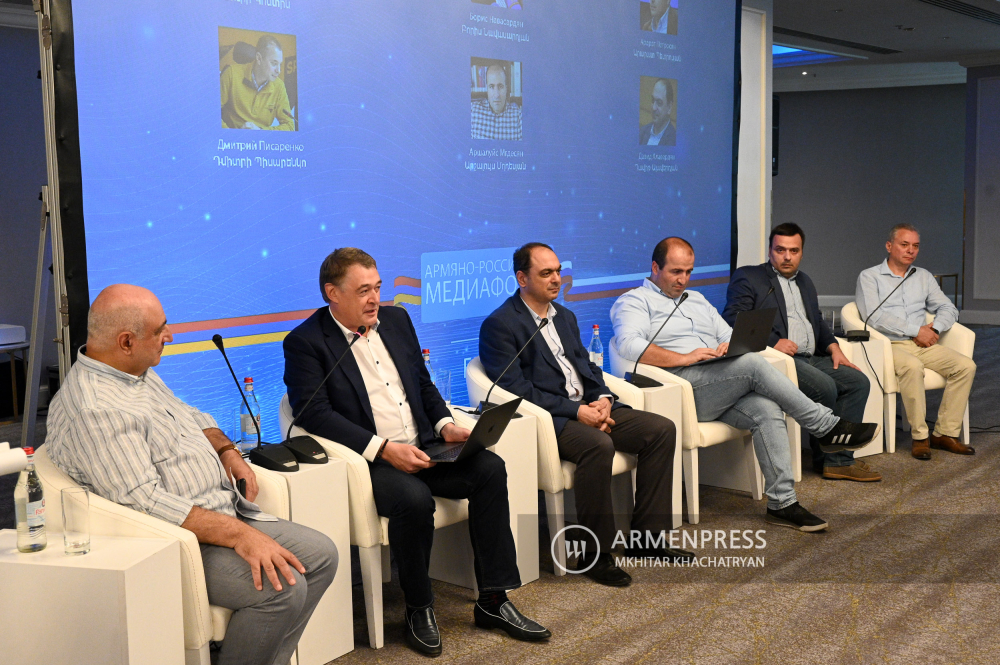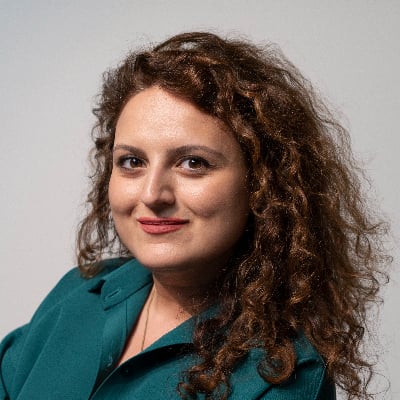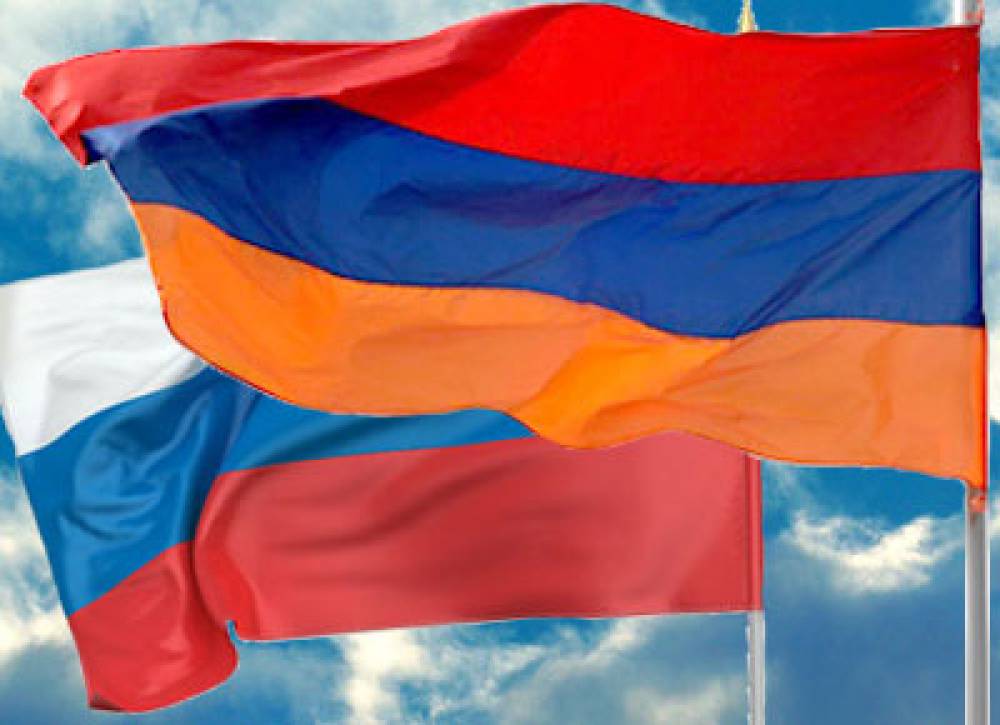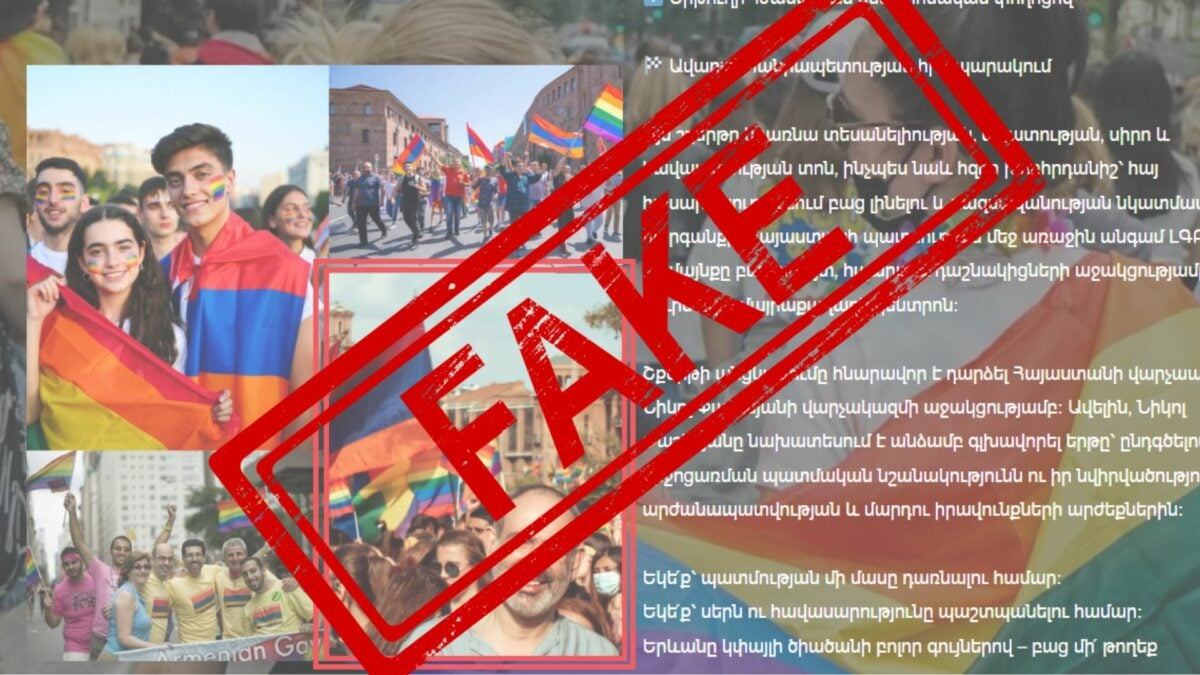The recent tension between Armenia and Russia, mutual accusations, and failure to understand each other have worried media experts from both countries.
The first Armenian-Russian media forum took place in Armenia from September 6-8. The forum, titled “The Role and Influence of the Media on Armenian-Russian Relations,” featured a panel discussion in which Armenian and Russian media figures attempted to analyze and understand the challenges that arise in the post-truth era, where facts and opinions often become indistinguishable. There is often a lack of information and misunderstandings between Armenian and Russian media, leading to clashes. Here are excerpts from speeches made at a media forum.

Boris Navasardyan, chairman of the media ethics monitoring body
The primary cause of information wars today is the influence of political realities. The media cannot remain free from the impact of these political realities. Sadly, journalism has become integral to the political process, losing its independence as an unbiased institution.
The current trend in mass media prioritizes narratives over factual reporting, resulting in a confusing mix of information and interpretation.
Mass media dissemination poses a challenge as the text conveyed through it may often be distorted due to the manipulative nature of the general information field. Presently, there are two parallel realities: the media reality of the real life.
In today’s world, the media’s agenda is often artificially created and can be more influential than ever. This phenomenon is a manifestation of post-truth, which means that people often prioritize emotions and beliefs over facts and evidence. While conflicting opinions and truths have always existed, today’s entities participating in propaganda battles or information wars are not always sincere. They may hold one opinion but express another to sway public opinion.
Davit Alaverdyan, Editor-in-chief of “Mediamax” news agency
Mediamax presents human stories. Recently, the information “thread” between Armenia and Russia has been cut. Previously, we received information not only about Moscow but also about rural villages and communities. Today, we lack insight into the lives, dreams, and desires of Armenians in Russia.
As a media expert, I closely monitor the coverage of Armenians in Russia. Unfortunately, the majority of the information being circulated is negative. The information landscape has shifted considerably since 2020.
I was highly disappointed with how some Russian mass media covered the Nagorno-Karabakh conflict. It was evident that the coverage was biased and one-sided, which was not in line with the spirit of the alliance.
Over the past few years, Peskov, Zakharova, and occasionally Lavrov have taken the lead in shaping news coverage about Russia in the Armenian media. Unfortunately, this situation is not desirable. As I see it, Armenia now has a limited understanding of what is going on in Russia and the basis of its various positions. Similarly, this phenomenon also exists within Russia itself.
Resuming journalistic exchanges and contacts between Armenian and Russian mass media is essential to defuse the current tense situation, which has rarely happened in recent years.
Arshaluys Mghdesyan, “CivilNet”, journalist
Armenian-Russian relations have reached a historic low since the end of the Soviet Union, which is reflected in the media.
Expert groups with varying views strongly advocate different positions in the media of both countries. In today’s world, people tend to express their opinions based on emotions and subjective judgments instead of analyzing the facts. This approach leads to the formation of Armenian-Russian relations in a post-truth realm. Certain phenomena are sometimes labeled pro-Western or pro-Russian, which may cause excitement or criticism among specific groups. All this shapes the public opinion.
The Armenian-Russian press consistently reports on security systems, gas supply to Armenia and its tariff formation, and economic indicators. The ongoing developments have been widely covered in the press, with both positive and negative undertones. Despite the growing political tension, there has been an increase in the index of Armenian-Russian economic cooperation during this period. This topic has garnered attention from various publications.
Before the 44-day war, and even up to a year after, Russia’s assistance, efforts, and significant role in maintaining peace were viewed positively. However, with the ongoing geopolitical shifts in our region, Armenian-Russian relations are experiencing increasing strain and tension. We often see one-sided media publications where parties accuse each other or give biased assessments.
Dmitry Pisarenko, director of “Sputnik Armenia” news agency
Armenia has a significant interest in Russian media, particularly in programs related to Armenia.
Russia is developing a targeted broadcasting format for Armenian viewers to access content of their interest on Russian TV. I expect that prominent media figures, who primarily address the domestic audience on Russian channels, will provide their perspectives on the issues arising concerning Armenia.
The lack of attention felt in Armenia will likely be filled with this option. The pilot project of target broadcasting may first launch in Armenia.
Technological advancements are necessary to turn the will into reality.







